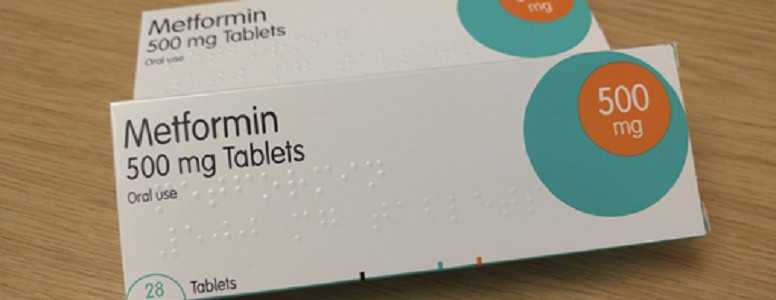Risk factors for transgender people with diabetes treated with hormones for gender confirmation need to be considered to reduce health risks, researchers have said.
Scientists have also called for more specialist support and evidence-based programmes to improve diabetes care for transgender individuals.
The findings were presented at this year’s European Association for the Study of Diabetes (EASD) Annual Meeting in Lisbo, Portugal (11-15 September).
Transgender people with diabetes were shown to have several modifiable factors that contribute to diabetes complications following gender affirming hormone treatment.
These included risks for cardiovascular disease (CVD), such as high triglycerides and high LDL cholesterol.
The results were analysed from data of 300 transgender people with diabetes who attended a multidisciplinary gender health clinic at the University of New Mexico, US.
Gender affirming hormone treatment allows people to acquire secondary sex characteristics which are more aligned with an individual’s gender identity.
Whilst treatment is known to impact health markers such as blood pressure, blood glucose and weight, its effect on diabetes risk and management has previously been unclear.
Transgender women were particularly more likely to have higher triglycerides, and also tended to be more obese, the findings showed.
Those who had a high level of psychosocial issues such as substance abuse added to difficulties in controlling blood sugar levels and managing comorbidities. Low vitamin D levels were also observed among participants.
“For both transgender men and women, it is critical to reduce risk factors for diabetes in order to prevent cardiovascular disease and other complications. We hope that our research will help boost transgender health and diabetes services to provide effective support and medication to those who need it most,” said the authors.
The study team added that recommended targets need to be stressed to transgender people with diabetes to reduce the risk of complications developing.
What's new on the forum? ⭐️
Get our free newsletters
Stay up to date with the latest news, research and breakthroughs.





